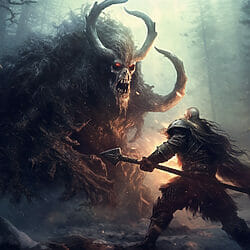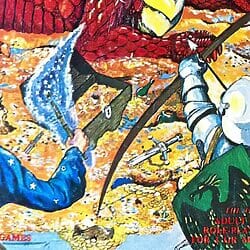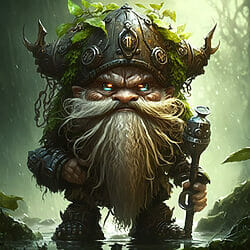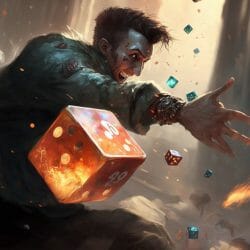Last time, we looked at GMing through a binary of ‘Lawful’ versus ‘Chaotic’, and while accepting that such a binary was an oversimplification, it was worth looking at to think about how we deliver a game.
Genre Police: Aligned Playstyles
I’ve recently been thinking about how different GMs run a game. As someone in the community whose job is to run games and talk about games, I try to listen to many other creators and what advice they bring to the table.
Genre Police: The Deaths Of The Author
Do I run them how the original creators thought about them? I certainly don’t run them the way the latest owners intend them to be run.
Genre Police: Seizing The Initiative
A while back now, I talked about different dying mechanics in systems and enjoyed the difference the mechanics made to how a game felt.
Genre Police: Setting The Stage
I think it’s important to have an idea of where the game is going at all times.
Genre Police: On the Watchlist
When I mentioned to her that the Witcher and Dark Souls also fit in Grimdark, she suddenly realised what sort of game I was talking about, and it wasn’t what she’d imagined.
Genre Police: All Are One
Perhaps there is a moment here for a hopeful diaspora of players who don’t leave the hobby but take this moment to try out new things.
Genre Police: Approaching Death
So if we were to think about death and injury in our games, I’d hope we can see that there are lots of different ways to work it around.
Genre Police: The Road Winds Ever Onwards
I’m going to take a moment to introduce you to my ‘Blending of Shadows’ campaign and show you how to evolve a game into something new while continuing to keep the throughline of the narrative.
Genre Police: Evolve Or Die
I am sitting in the afterglow of a summer full of blockbuster moments in campaigns, at least one epic ‘Empire Strikes Back’ style campaign ending, and there are few players who are leaving for other things or shuffling which nights they play on.









